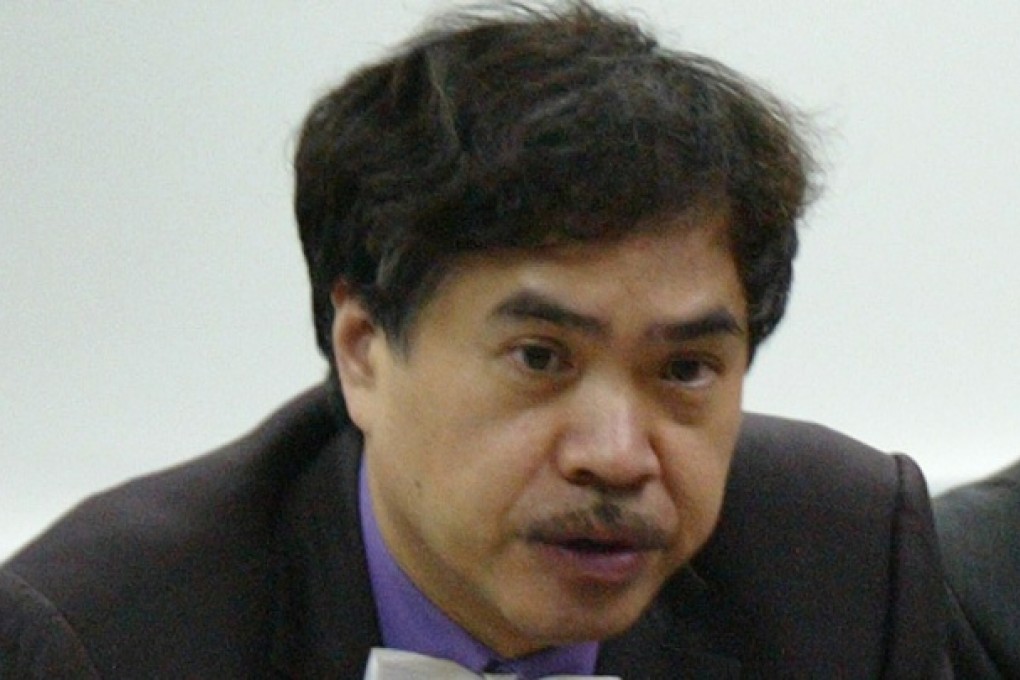Popularity of 'Shichida' education bewilders experts
Japanese company's 'insights' into child development are nothing new, paediatricians say

Have you ever considered your child's "right-brain capabilities"? It was questions like this, along with a whole lot of scientific jargon, that were used this week to sell to local parents the Shichida Method - a childhood development programme that is being touted as having "amazing powers" that can lead to better academic performance and healthier, happier lives.
The ballroom at the JW Marriott hotel was packed with people yesterday who had come to hear the vice-president of the Shichida Educational Institute in Japan, Mayumi Shichida, talk to parents eager to give their children an edge in life.
Her father-in-law, Professor Makoto Shichida, developed the method's curriculum.
The method says children should develop what they call their "right-brain capabilities" between birth and age three, as the fastest development of the brain's right side can occur during that time.
But paediatricians and other early-development specialists say there's nothing particularly new about the educational philosophy.
"It sounds like what Hong Kong educators already adopted two decades ago," said Dr Alvin Chan Yee-shing, a paediatrician and vice-president of the Medical Association.